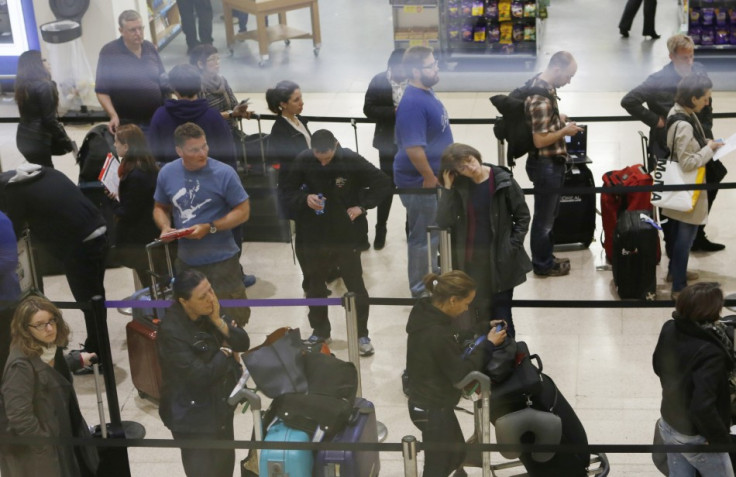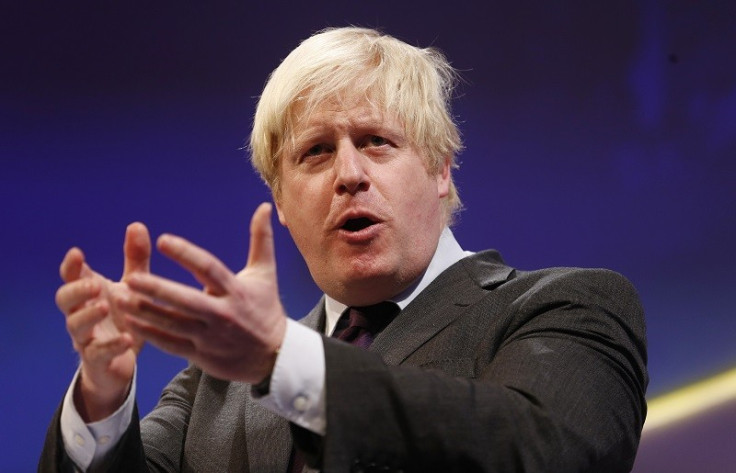Airports Commission: UK Needs Extra Runway at Heathrow or Gatwick by 2030

There needs to be an additional runway in the south east of England by 2030 and it must be at either Heathrow or Gatwick, the Airports Commission has said.
By 2050 the country will probably need yet another new runway at one of its major airports to cope with the anticipated rise in demand, according to the commission's interim report.
The commission, set up by the government to conduct an independent review into the UK's airport capacity, ruled out any of the options to build a new hub airport in the River Thames favoured by London Mayor Boris Johnson. It will report fully on its findings in summer 2015.
"The UK enjoys excellent connectivity today," said Sir Howard Davies, chairman of the commission.
"The capacity challenge is not yet critical but it will become so if no action is taken soon and our analysis clearly supports the provision of one net additional runway by 2030.
"In the meantime we encourage the government to act on our recommendations to make the best of our existing capacity."
The commission shortlisted Heathrow and Gatwick as the two airports for further detailed study on where the new runway would be better suited.
At Gatwick, the option would be a new runway to the south of the existing runway.
At Heathrow there are two options: a new 3,500m runway to the northwest; or extending the existing northern runway to at least 6,000m, which would enable the extended runway to operate as two independent runways.
Commissioners decided not to shortlist any of the Thames Estuary options "because there are too many uncertainties and challenges surrounding them at this stage."

It has not ruled out a new airport on the Isle of Grain in Kent, but will study the option further and report in 2014 on if it will be added to the existing shortlist.
In the meantime, the commission said the government should take a number of steps to improve the efficiency of existing airport capacity. These are:
- an "optimisation strategy" to improve the operational efficiency of UK airports and airspace, including
- airport collaborative decision making
- airspace changes supporting performance based navigation
- enhanced en-route traffic management to drive tighter adherence to schedules
- time based separation
- a package of surface transport improvements to make airports with spare capacity more attractive to airlines and passengers, including
- the enhancement of Gatwick Airport Station
- further work to develop a strategy for enhancing Gatwick's road and rail access
- work on developing proposals to improve the rail link between London and Stansted
- work to provide rail access into Heathrow from the south
- the provision of smart ticketing facilities at airport stations
- trials at Heathrow of measures to smooth the early morning arrival schedule to minimise stacking and delays and to provide more predictable respite for local people
- the establishment of an Independent Noise Authority to provide expert and impartial advice about the noise impacts of aviation and to facilitate the delivery of future improvements to airspace operations
"We welcome the interim report of the independent Airports Commission, which is emphatic about the need for new runway capacity," said John Cridland, director general of the Confederation of British Industry (CBI), Britain's biggest business lobbyist.
"There is now overwhelming evidence that direct flights open doors to new trade, but with capacity in the south-east set to run out as early as 2025, we need to see urgent action as soon as the commission's final recommendation is delivered to government in summer 2015.
"It is no longer acceptable to bury our heads in the sand on this."
In its submission to the Airports Commission, Heathrow Airport claimed a third runway would add £100bn to the UK economy.
Critics of plans to expand the UK's airport capacity argue it will be bad for the environment, cause much more noise pollution for people living nearby Heathrow and Gatwick, and run the risk of dangerously overcrowding London's airspace.
© Copyright IBTimes 2025. All rights reserved.






















